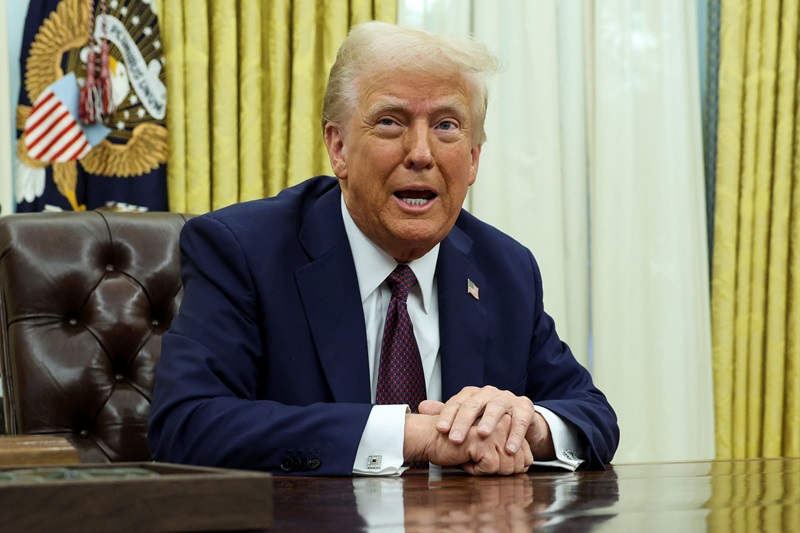The recent executive order by Trump regarding citizenship includes the following provisions:
To automatically acquire citizenship for children born in the United States, at least one parent must hold a green card or U.S. citizenship at the time of the child’s birth.
This order applies even to those holding legitimate non-immigrant visas, such as students, expatriates, and researchers, meaning children born to these individuals in the U.S. will not receive automatic citizenship.
Following the announcement of this order, attorneys general from 18 states filed a constitutional challenge with the Supreme Court. The current citizenship law is explicitly outlined in the 14th Amendment to the U.S. Constitution, which was ratified in 1868. It states that all children born in the United States are automatically granted citizenship.

This provision was further affirmed in an 1898 Supreme Court ruling in which the court stated that Wong Kim Ark, who was born in San Francisco to Chinese immigrants, should be a U.S. citizen because he was born in the country, even if there was a contrary argument that he wasn’t a citizen under the Chinese Exclusion Act.
Despite this, Trump’s issuance of the order seems to be a politically motivated gesture. However, considering the current composition of the Supreme Court, which leans conservative, there is a possibility that the order may be upheld.
Nonetheless, it remains questionable whether exceptions to the phrase “all persons born in the United States” within the constitutional provision could be applied to deny the automatic citizenship rights of certain children. The framers of the 14th Amendment appear to have made their intention clear: to grant citizenship to all children born in the United States.
The key issue lies in whether the majority of Supreme Court justices will interpret the law based on legal principles and the original intent of the constitutional text, or whether political motivations will influence their decisions.
Given the nature of the judiciary, the former seems more likely. Judges are not politicians, and this fundamental distinction is one of the reasons why the U.S. legal system remains respected and democracy continues to endure.





